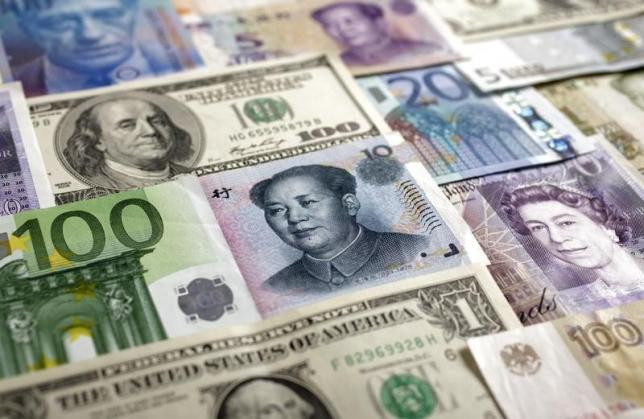Australian and New Zealand dollars plunge to new multi-year lows as greenback rises

The Australian and New Zealand dollars have fallen to six-year lows, amid hawkish Fed rhetoric boosting the strength of the greenback. This follows the lead of the Canadian dollar, which also dropped to recent historic lows on 15 July.
AUD/USD dropped to 0.7349, its lowest since May 2009, from the previous close of 0.7379. The Australian dollar has weakened 4.6% so far this month and 10% so far this year.
Data from Australia on 16 July showed that consumer price inflation expectations for July at 3.4%, significantly higher from the previous month's 3%. However this number failed to arrest the AUD slide.
The headline consumer price index (CPI) inflation rate in Australia, however, has fallen to a three-year low of 1.3% on an year-on-year basis as per the 22 April Q1 data, from 1.7% in the fourth quarter of 2014.
The decline in commodity prices and increased uncertainty about demand from China, especially after the recent equity market slump there, have added to Oz's woes. Australia gets its major share of trade revenues from raw material exports to China.
In New Zealand, data showed that consumer price inflation rose in the second quarter but that the numbers trailed market expectations, weakening the NZ dollar.
The CPI rate came in at 0.3% from a year earlier in the June quarter, up from 0.1% in Q1 but lower than analyst forecasts of0.4%.
On a quarterly basis, the rate rebounded to 0.4% from -0.3% in the March quarter but disappointed those that had forecast 0.6%.
NZD/USD dropped to 0.6498, its lowest since mid-2009, from the previous close of 0.6590. The kiwi dollar has fallen nearly 4% so far this month and plunged 16.7% in 2015.
USD/CAD jumped more than 200 pips on the BoC rate move to trade as high as 1.2960, making a 1.8% decline in the loonie. The pair then closed lower but has been trading firmer Thursday as well.
Janet Yellen, the Fed Chair, said in her Congress Testimony on Wednesday that the US central bank is still likely to hike rates this year. Consumer spending will boost recovery, she said, while adding that Greece and China top the list of uncertainties.
The euro fell and dollar rallied on her remarks, hitting multi-week levels.
EUR/USD fell to 1.0910 on Thursday, its lowest since 1 June, meaning a 0.9% decline in the single currency on the Yellen remarks . The USD index, meanwhile, strengthened to 97.50 on Thursday, its highest since 2 June.
© Copyright IBTimes 2025. All rights reserved.






















